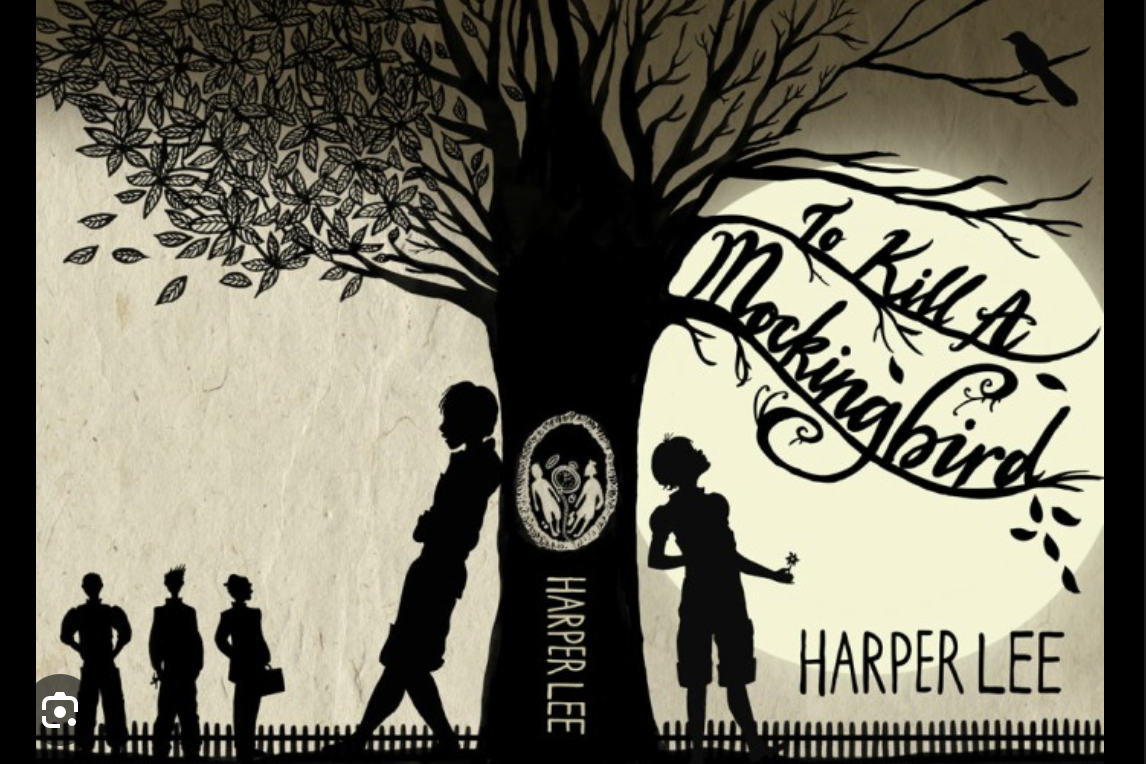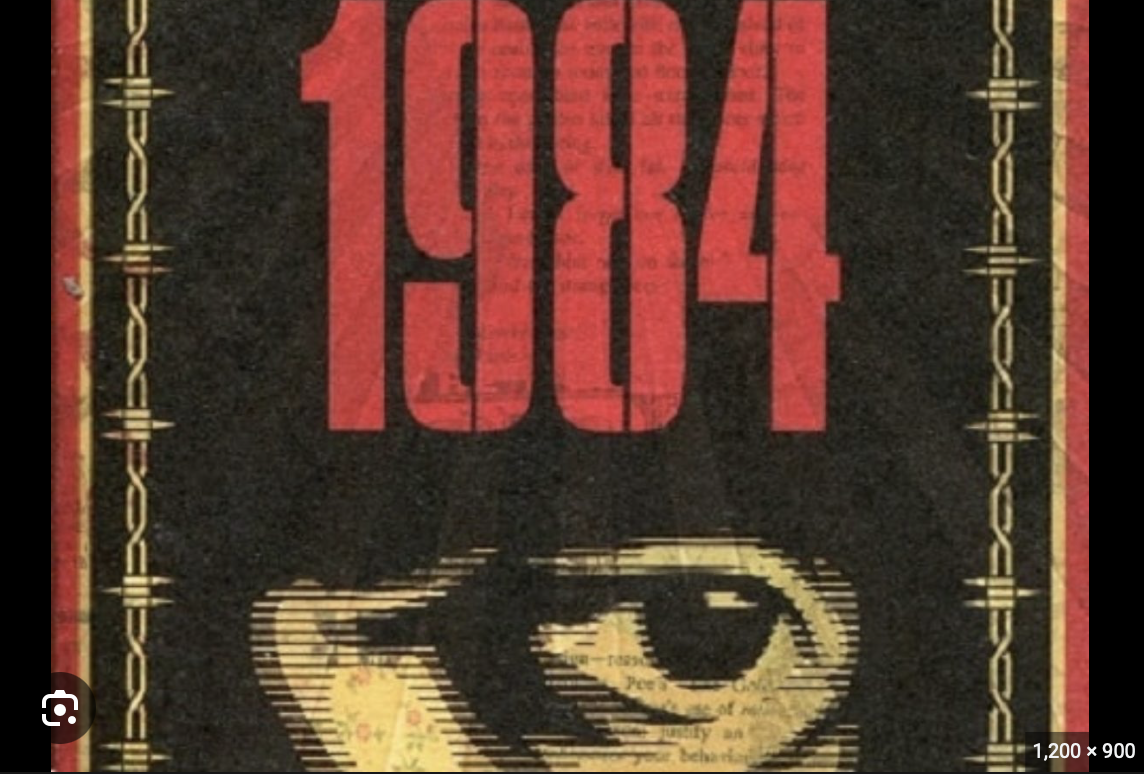Essential 2024 Selective Test Reading List: Top Books to Boost English Comprehension Skills
A Note For Those Preparing For The 2024 Selective Test
“Remember this: nothing good in life comes easy. Reflect on your own experiences or those around you. Have you noticed how taking the easy path often leads to ordinary results? This is a common observation, and I believe it’s a fundamental truth.
Life offers two paths. Path A, the easy one, is chosen by the majority. It’s the path of doing just enough, leading to ordinary outcomes. But there’s another way – Path B. This path, as Robert Frost eloquently put it, is less travelled, and it makes all the difference. It’s challenging, it’s tough, but it’s also where extraordinary results are born.
I learned this early in life, walking down George Street with my mom. Observing people from all walks of life, I realised that regardless of your path, life is inherently hard. Being a cleaner or a lawyer, a prime minister or an ordinary person – each path has its own challenges. But the difference lies in what these challenges prepare you for.
The easy path might seem appealing now, especially when you’re young. You might think you can skip studying, ignore opportunities like the OC or Selective Schools, and still have fun. But consider the future. Without effort now, life becomes much harder later when you’re striving to enter your dream course or land your ideal job.
I want to address those who have faced crushing defeats – maybe a low score on a test or a failed attempt at something important. Remember, it’s not about where you start; it’s about where you end up. Most people quit when faced with such setbacks, settling for the ordinary. But you should want life to be hard, want the challenges like OC and Selective to be tough. Why? Because their difficulty is what makes them valuable. If it were easy, everyone would succeed, and then it wouldn’t be special anymore.
So, I encourage you: embrace the challenge. Let the difficulties mould you into someone extraordinary. The hard path is not just about overcoming obstacles; it’s about setting yourself apart, achieving what few others can. Your journey may be tough, but the rewards at the end are worth every struggle.
Stay strong, stay committed, and remember – the harder the journey, the more remarkable the destination.”
Best,
Steve Xu
Founder, Scholarly
- 2024 Selective Test Reading List
“Alice’s Adventures in Wonderland” by Lewis Carroll
Why Read This:
- This book introduces students to fantasy fiction, helping them identify genre elements and understand narrative structure.
- Its imaginative storytelling fosters creative thinking, essential for interpreting and responding to various text types in the selective test.
“The Diary of Anne Frank”
Why Read This:
- This non-fiction work offers insights into historical contexts and emotional engagement.
- Understanding Anne Frank’s diary helps students develop empathy and deeper comprehension skills, crucial for the non-fiction sections of the selective test.
“The Road Not Taken” by Robert Frost
Why Read This:
- Frost’s poem is key for understanding poetic devices and interpretative skills.
- Analysing its metaphors and themes sharpens students’ analytical abilities, aiding in the poetry analysis component of the selective test.
4. “To Kill a Mockingbird” by Harper Lee
Why Read This:
- Lee’s novel is crucial for exploring social themes and narrative techniques.
- Its first-person narrative and exploration of racial issues develop students’ understanding of character perspectives and societal contexts.

5. “Steve Jobs” by Walter Isaacson
Why Read This:
- This biography enhances source analysis and comparative reading skills.
- Understanding Jobs’ story helps in evaluating biographical sources, a skill beneficial for the non-fiction text analysis in the selective test.
6. “Ozymandias” by Percy Bysshe Shelley
Why Read This:
- Shelley’s poem aids in understanding stylistic features and contextual reading, which are essential for analysing poetry’s form and historical context, a common requirement in the selective test.
7. “The Bell Jar” by Sylvia Plath
Why Read This:
- Plath’s work is important for psychoanalytic reading and understanding of literary styles.
- It aids in developing comparative literature skills, useful for analysing and comparing works from different periods.
8. “1984” by George Orwell and “Brave New World” by Aldous Huxley
Why Read These:
- These dystopian novels are crucial for understanding dystopian literature characteristics and thematic comparisons.
- They enhance skills in identifying and analysing themes and styles, useful in comparative literature sections of the exam.
9. “The Tyger” by William Blake
Why Read This:
- Blake’s poem is key for understanding symbolism and poetic form.
- Analysing this poem develops students’ abilities to decipher symbolic meanings and understand structural elements in poetry.

10. “The Immortal Life of Henrietta Lacks” by Rebecca Skloot
Why Read This:
- This book is essential for ethical analysis and narrative structure comprehension.
- It combines biography and science, which is beneficial for analysing non-fiction texts’ structures in the selective test.
11. “The Hobbit” by J.R.R. Tolkien
Why Read This:
- Tolkien’s work enhances understanding of world-building and character development.
- It’s vital for evaluating fiction, especially in understanding how fictional universes are created and characters are developed.
- 12. “Pride and Prejudice” by Jane Austen
Why Read This:
- Austen’s novel is critical for societal norm comparison and literary vs. journalistic style analysis.
- It helps in examining historical and contemporary views on gender, aiding in comparative text analysis.
13. “The Great Gatsby” by F. Scott Fitzgerald
Why Read This:
- This novel is important for thematic synthesis and comparative critique.
- It aids in linking literary themes to modern socio-economic concepts, a skill useful for the integrated study sections of the exam.
14. “Fahrenheit 451” by Ray Bradbury
Why Read This:
Bradbury’s dystopian novel is key for analysing dystopian elements and predictive reading.
It helps in anticipating societal trends and relating fictional themes to real-world scenarios, enhancing analytical comparison skills
Need help navigating the NSW Selective Test 2024 and NSW Selective Test 2025? Reach out here: https://scholarlytraining.com/whatsapp.











1 thought on “Essential 2024 Selective Test Reading List: Top Books to Boost English Comprehension Skills”
Thank you for this list.